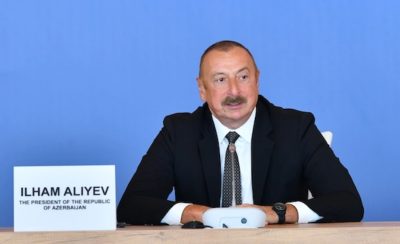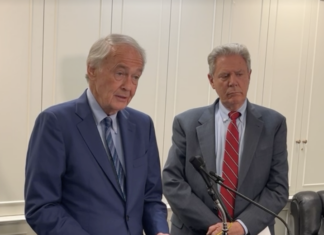By Taniel Koushakjian
Special to the Mirror-Spectator
WASHINGTON — We are now less than a year away from the 2012 elections and the campaign trail is already heating up. The race for the White House has catapulted various GOP candidates to the top, only to see them tumble from its peak. There have been historic debate gaffes, bold policy proposals and unorthodox candidates trying to distinguish themselves from each other, all in an effort to be the anti-Romney, the presumptive GOP nominee. But this election season is going to be unlike any other. Fresh campaign tactics, new technologies, redistricting and the latest player in the political arena, the SuperPAC, are all poised to dramatically change the way Americans vote in 2012. And these factors will impact not only the presidential race but congressional races.
So what does this all mean for the Armenian-American community?
In congressional elections, for decades Armenian-Americans have been active in raising Armenian issues and concerns, upon which politicians compete for the Armenian-American vote. In recent years, the small but growing Turkish-American community has followed suit. From its peak in the 110th Congress, the Congressional Caucus on Armenian Issues boasted more than 160 members; today it stands at 135. At the same time, the Congressional Caucus on Turkey and Turkish-Americans grew from just over 60 members in 2006, to 126 members today, a 200-percent growth rate.
So far this year, 17 House Democrats and 9 House Republicans have announced their retirement or will not seek re-election. The number of outright retirements can be attributed in large part to the redistricting process, a once-a-decade phenomenon. The announced retirement of Rep. Barney Frank (D-MA), a strong leader on Armenian issues, is a prime example. Additional retirement announcements can be expected in the coming weeks.








